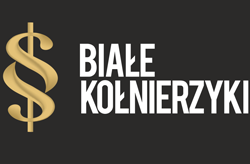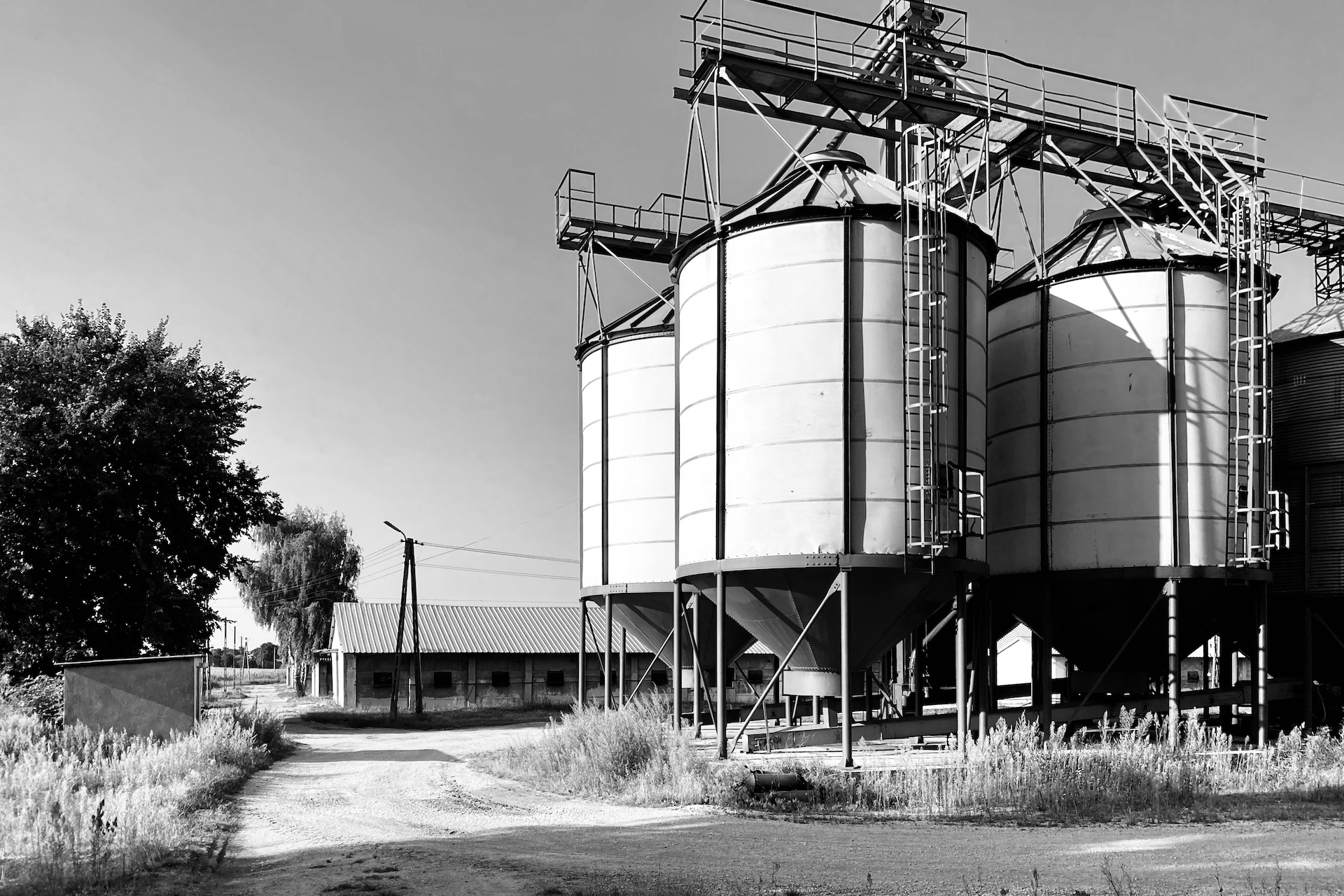Soybean meal and VAT fraud (Poland)
Today I will write about a soybean meal – it is a relatively expensive product (compared to other agricultural products), but very desirable on the market because of its high protein content. Thanks to this, it is perfect as a component of animal feed, for example.
Soybean meal – VAT rates in Poland
Reduced VAT rate: 8% applicable to agricultural tax payers and those, who use soybean meal as an additive to feed, fertilizer, etc.
Standard VAT rate: 23% for entities which resell the goods further.
This difference in VAT rates provides considerable earning opportunities – unfortunately, usually at the expense of honest market participants.
Import of soybean meal from Germany to Poland
Soybean meal is purchased largely by import and in bulk quantities, generally not less than 25 tons. It is a low-margin product with quite high transport costs, so it is not very profitable to buy it abroad in quantities smaller than full truck loads. The prices of soybean meal in Hamburg in recent months were very similar to Polish prices – there were price fluctuations ranging from a few to several dozen zlotys (PLN) in plus or minus.
Soybean meal trade and VAT fraud – simulation of costs and profits
The subject of illegal earnings from soya meal trade has been known for at least 4 years. This is important, because during this period there have been some changes in the schemes used by fraudsters. Why? Because initially missing traders sold soya bean meal to other traders at a 23% VAT rate, which they later did not pay to the tax office (typical for a missing trader). Goods in this variant were sold 10 – 15% cheaper than the market price – according to estimates of tax experts. Thus, profit from tax evasion on one transaction oscillated between 13 – 8%.
The minimum order is usually about 25 tons (that’s how much it would fit for 1 semi-trailer), which, with a price of 1 ton equal to about 1400 PLN net, would give a profit on one semi-trailer ranging from 4500 – 2800 PLN. From this, transport costs from Germany had to be deducted – about 70 PLN or more per 1 ton and other logistic costs. If someone actually incurred these costs, they significantly reduced the profitability of the procedure.
The tax office counterattacks
However, at one point, the tax authorities simply started to look more closely at „soya” fraudsters, and soybean meal traders were careful not to engage in transactions with suspicious entities. The simple scams were over. So, what is left for criminal groups…? Target to the final customer directly, I mean directly to the farmer! But how to earn money if we operate on a low VAT rate of 8%…?
Solution
Of course, we have to buy soybean meal at a zero VAT rate. Such a rate can be applied, for example, through the intra-Community acquisition of goods.
So a German or Dutch company, which is under the control of Polish fraudsters, buys soybean meal, for example, in the port of Hamburg. The goods are then invoiced to a few more companies, and finally they go to Poland. The documents are „neutralized” in such a way as to make it clear that the goods came from Szczecin (a city in western Poland). The point is not to arouse suspicion of the buyer. A buyer, who knows market rates well, could ask: „Sir, why such a low price, if the goods came from Hamburg and you probably pay a lot for transport…?”. In order to avoid such questions, the already „polonized” (in fake documents) soybean meal is delivered to the final customer via the Polish missing trader.
Costs of transport
Sending one truck to the port of Hamburg and delivering 25-27 tons of soybean meal to the western border of Poland (e.g. Gorzow) is a cost of approx. 70 PLN per tonne, i.e. 1800 – 2000 PLN for a semi-trailer. Thanks to the evasion of 8% VAT (not been paid to the tax authorities), we have in our pocket about 110 PLN per 1 tonne (at a price of about 1400 PLN net / tonne), that is 2800 – 3000 PLN for a semi-trailer.
So you can see that the margin for potential profit is small and amounts to about 1000 PLN for one truck. Additionally, we have to sell a bit cheaper than market prices to make the goods go down as quickly as possible! So how to increase the profitability of this business…?
The simple way: we don’t pay the transport company
The fraudsters came up with a trivial idea of making money at the expense of transport companies. They set up a forwarding company which orders the transport of soybean meal from Hamburg. The carrier delivers the goods to the place of destination, and then issues an invoice to the forwarding company, e.g. with a 60-day payment term (a common standard in the transport industry). The forwarding company controlled by fraudsters obviously does not pay these invoices (VAT also), and after a few months simply disappears. And this way, without incurring transport costs, you can theoretically earn 2800 – 3000 PLN on a single truck transporting soya meal (as of early 2019).
Of course, some costs must be deducted from this:
– costs connected with lowering the price to a level very attractive for the final customer,
– costs of establishing and operating a forwarding company,
– possible costs of storage, etc.
In general, however, it can be assumed that on 1 truck carrying soya bean meal they can currently earn about 2000 PLN.
Important question
Someone may ask here: Ok, but it is not that easy to set up a forwarding company, because you have to meet a lot of formal requirements, so how …?
First of all, you can buy an existing limited liability company with a forwarding license – and for quite a little money. Secondly, if you decide to start from scratch, i.e. establish a new company, in practice, it is often enough to buy OCS insurance for forwarders (the cost is several thousand PLN). Theoretically, a newly opened freight forwarding company must still have a security of 50,000 Euros (e.g. deposited in a bank account or certified by an annual report) in order to obtain a license. In practice, however, fraudsters can handle this and do not deposit funds.
Of course, it’s not that yesterday we opened the shipping company and immediately gained the trust of carriers, who will accept very long payment terms! You have to work a little bit hard to do real business for a few months, during this period you normally pay the carriers, but there will come a time when the main plan of earning, I mean fraud, will be implemented.
Brief summary
This simple example shows quite clearly how VAT fraudsters harm honest entrepreneurs. Losses are borne by owners of companies legally trading in soybean meal as well as transport entrepreneurs who have not received payment for the carriage of goods. So I suggest all carriers to watch out for newly established, unknown forwarding companies that contract out the transport of soya meal from German ports – there is a real danger that there may be a problem with payment!
If you have any questions, please do not hesitate to contact me: kontakt@bialekolnierzyki.com



